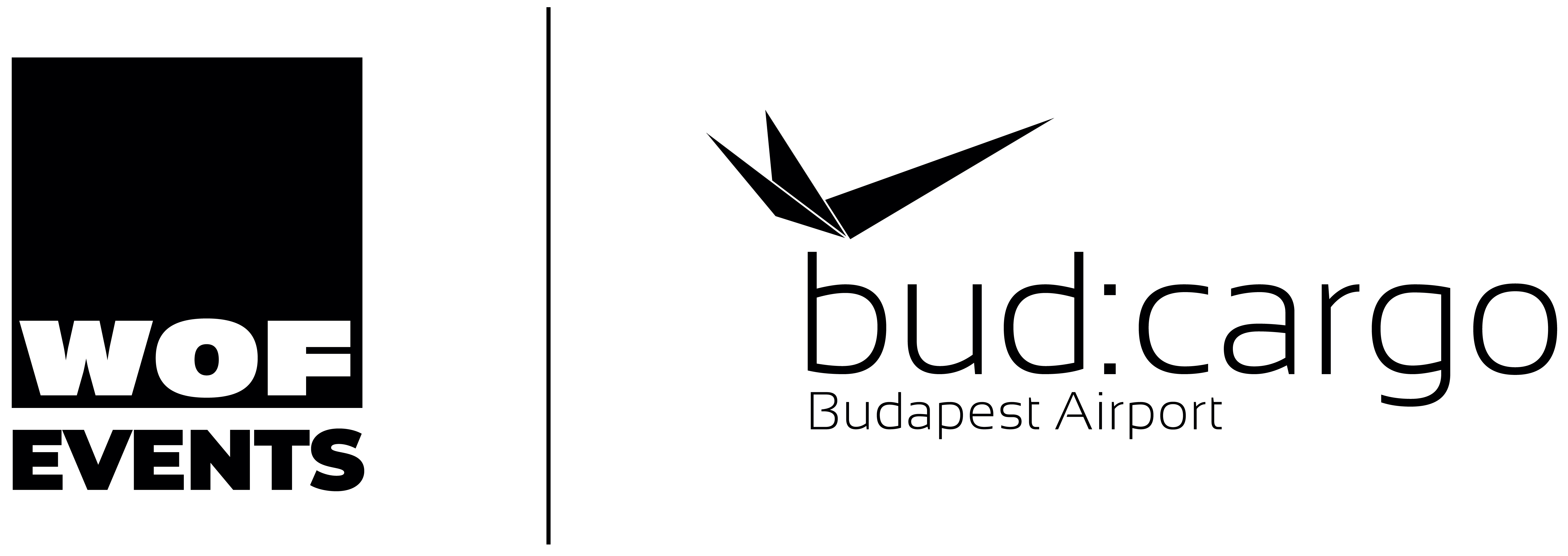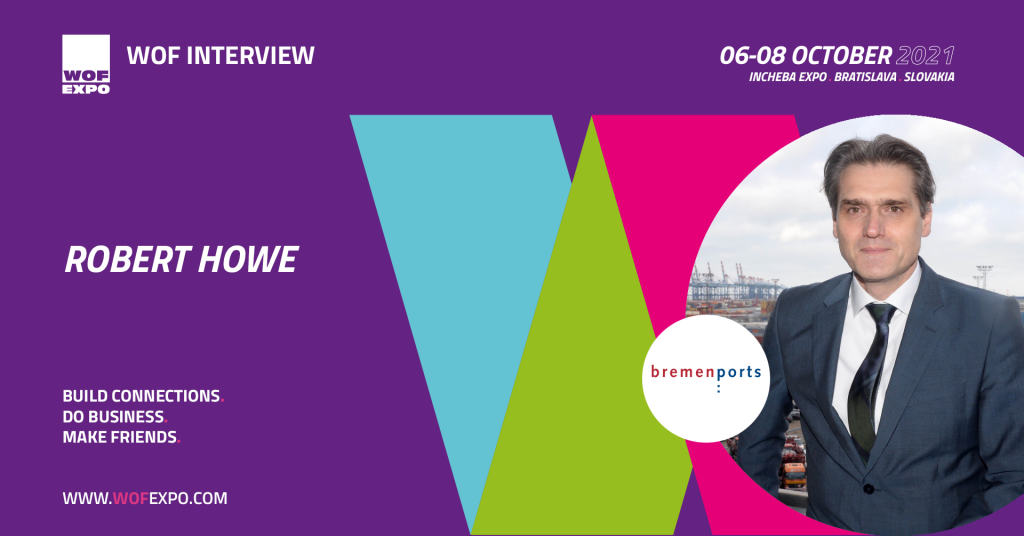Interview with ROBERT HOWE
| Dipl.-Ing. Robert Howe CEO of bremenports GmbH & Co. KG. Robert Howe graduated with a master of science in civil engineering from TU Braunschweig (the Brunswick Institute of Technology) in Germany in 1992. Mr. Howe started his career with Philip Holzmann AG, a German building and construction company based in Hanover, where he worked for around ten years. In 2002 he moved to the Ed. Züblin AG, a German building and construction company with offices in Bremen and Hamburg. Mr. Howe joined bremenports Ltd., the publicly-owned port’s management company of the state of Bremen, as Managing Director in 2012. |
1. Tell us about key areas where Bremen Ports improved the most and why? The objective of the port policies of Bremen’s government as well as the corporate policies of the port management company bremenports is the ongoing renewal and modernization of our comprehensive and diverse port infrastructure to expand the range of services available for customers at the ports of Bremen. We aim to continuously improve the framework conditions for the economic actors and at the same time to actively address the ecological challenges. The port we envisage for the future is highly efficient, digital and climate-neutral. 2. What has bremenports actually done to ensure the future of the ports? During the first two decades of this century, we have invested almost one billion euros in the port infrastructure. By extending the quay on the River Weser, we have strengthened our position as one of the leading European container terminals. The quay is now five kilometres long, making it the longest coherent container quay anywhere in Europe, which can be accessed by the world’s largest vessels after only a short trip up the Weser estuary from the North Sea. We are currently making preparations for further investments in digitization and automation, intending to improve productivity. The newly constructed Kaiserschleuse lock is a milestone in the development of automobile throughput. A lock provides access to the Kaiserhafen harbour basin, where ro-ro cargo is handled. That will consolidate Bremerhaven’s role as a key, global automobile hub over the long term. Bremerhaven recently completed an investment project in the new quay for the shipyard industry, significantly improving the competitive conditions for a sector of the industry that is closely linked to the ports. Major investments are also being planned to strengthen the cruise business once again. The riverside quay at Columbusinsel, where the gigantic cruise ships tie-up, is roughly 100 years old. Over the next few years, a 1000-metre long section will be refurbished, and a new annexe added to Columbus Cruise Center Bremerhaven, our modern cruise terminal. That will be systematically geared to promoting the “Havenwelten,” a major tourist attraction in Bremerhaven. 3. Do you see a contradiction between economic development and the challenges resulting from climate change? No, on the contrary, these are two sides of the same coin. That is evident when you look at the terminal railway: it is the backbone of the port’s economic success and also unbeatable in terms of ecology. The ports in Bremen and Bremerhaven have more than 200 kilometres of railway tracks, and this network is continually being expanded and upgraded. As a result, the ports of Bremen can rightly see themselves as the world’s leading rail port, as we carry a higher percentage of cargo on rail from the ports to the hinterland than any other port. That is a perfect synthesis of economy and ecology. We have also proved our ecological responsibility and expertise in other areas: bremenports has won several awards for its pioneering role in the development of a green port. In the south of Bremerhaven, we have created a natural paradise of more than 100 hectares as a substitute site for port construction projects. Water buffaloes graze on this wetland, which is now used by 10,000 rare birds as a resting and breeding site. When it comes to port operations, bremenports once again places the focus on sustainability: thanks to the implementation of systematic measures, we have succeeded in reducing our emissions by 70 percent. We are currently planning an investment project together with a cargo handling company, and upon its completion, 100 percent renewable energy will be supplied to the port, i.e., emission-free. We are currently planning shore power supply facilities for shipping as an alternative to marine diesel, which will help to promote green shipping. 4. What will be the impact of Covid-19 for your further business development? Covid-19 has confronted everyone involved in the port business with enormous challenges. Thanks to our concerted efforts, we have succeeded in keeping the ports of Bremen up and running without any restrictions. Given the strengths of Bremen’s ports as described above, we assume that we will succeed in compensating for the drop in cargoes once the pandemic has been overcome. A global economy needs efficient ports, and that is why Bremen and Bremerhaven will continue to be an important voice in the concert of major ports. |
 | bremenports GmbH & Co. KG. Since the founding of bremenports in 2002, the company has set a milestone in German port management. On behalf of the Free Hanseatic City of Bremen, they manage the infrastructure of the port group Bremen / Bremerhaven. They are, therefore, a consultancy and engineering company with its port and are responsible for port development, port planning, port construction and port maintenance. Besides, they are increasingly marketing our know-how at home and abroad, making bremenports an attractive partner for projects all over the world. bremenports.de |

